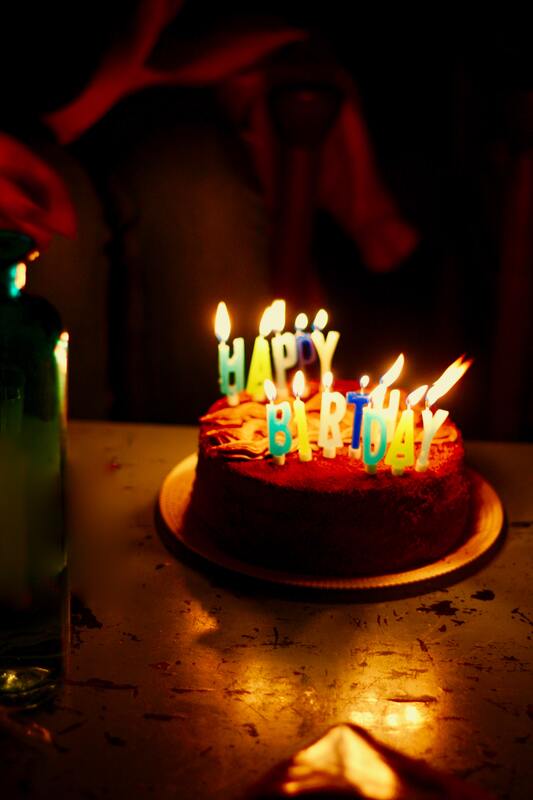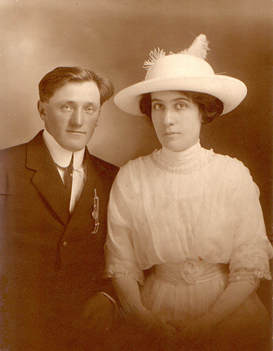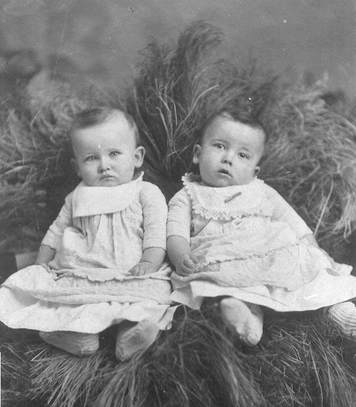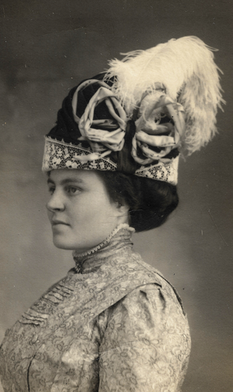 Photo by prosha amiri on Unsplash A discussion about birthday cakes and family celebrations led me to research when did people begin celebrating birthdays with a special cake? Are there other celebrations that we assume people have always held? Did our ancestors celebrate the same way? How could that inform our family story? Let’s look. In case you were wondering, it appears that birthday cake became more common in the mid-1800s. However, it seems that the Egyptians, Greeks, and Romans also recognized birthdays with cake or something similar… Who knew? An interesting tidbit is that sometimes extra candles were added to the cake as a wish for additional years to be lived for the birthday boy or girl.
While celebrations are not the facts and figures of your ancestorial story, they add color and provide some insight into family relationships and economic statis. With our more recent ancestors like parents, aunts and uncles, cousins and grandparents, we can gather stories to understand how they celebrated birthdays, anniversaries, weddings, births as well as death (celebration of life). If there isn’t anyone to ask, look back at cards and photos to better understand. If you know that your ancestors lived in impoverished circumstances but still celebrated events with traditional foods and family gatherings, you can probably determine that family was important to them. Contrast this with a wealthy family who celebrated with a hundred of their “closest” friends. Did they also love their family? Likely, but the focus was on the society impact rather than family tradition. If you have exhausted the oral, written and photo resources regarding your family, remember to explore newspapers. If your family lived in a rural area or small town, these newspapers were a source of the comings and goings of the residence. We might call it gossip today but as genealogists, it provides us with clues regarding family relationships, the importance of a celebration, neighbors, and other community events that our ancestors participated in. And in case you think that was a long time ago, I know that this happened in our hometown paper within the last forty years. Another advantage of a small town paper is that elaborate articles were written about weddings, especially in the 1950s and 1960s. You can learn details about the bride’s dress, out-of-town guests, honeymoon plans and even who poured the coffee! And while we might not think of death as a celebration, that seems to be the way it is reframed today so I’ll include a couple of comments. Funeral notices were not quite as elaborate but often included a bit of family history as well as a list of out-of-town guests with the towns they were from. This gives you insight into family closeness or an unexpected name/newfound relative or insight into why a name is missing. Sometimes we are so busy gathering our data that we don’t stop to think that this particular individual was the last sibling. Or, the sibling of the deceased had passed and their spouse was elderly and distance was too far to travel. We can’t always assume that people who didn’t attend didn’t care. Age, distance, weather and travel concerns may have been the reasons they didn’t attend. I hope you start thinking about celebrations in your own family. Is there a tradition that has been carried down to today? Ask your relatives before it is too late about celebrations that they remember. Did they have birthday cake? Did they get gifts or have a party? Did they have traditions around familiar holidays such as Easter and Christmas? Or if your family celebrates other holidays, what do they remember? Remember to note your own experiences. Have fun exploring this twist on your family story...celebrations!
0 Comments
Leave a Reply. |
AuthorWith a lifelong passion for genealogy and history, the author enjoys the opportunity to share genealogy tidbits, inspiring others to research and write their family story. Archives
July 2024
Categories |



 RSS Feed
RSS Feed